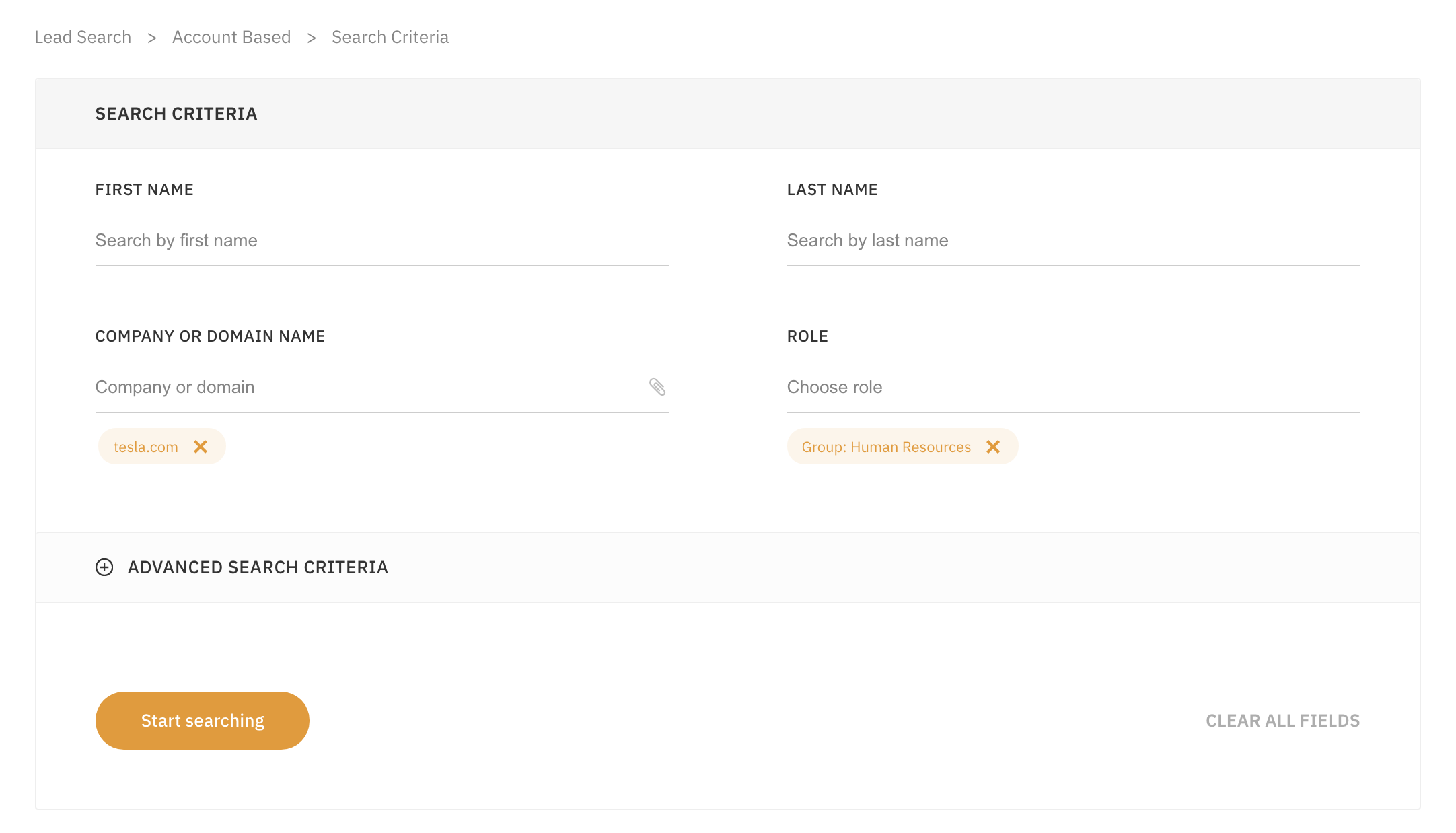Understanding how to calculate sales commission formula is a critical skill for sales reps, recruiters, startups, marketers, and small business owners. A well-structured commission plan can motivate your team to reach higher levels of performance while providing an accurate reflection of their contributions.
In this post, we will explore the complexities of calculating sales commissions. From understanding the basics such as commission rate and period to more advanced concepts like tiered rates and retroactive commissions.
We’ll also explore various structures that businesses can adopt including straight commission or base salary plus commission models. In addition, you’ll learn about potential payroll tax implications associated with paying out commissions.
Whether you’re new to calculating commissions or seeking ways to streamline your current processes – this guide offers valuable insights on how to calculate sales commission formula effectively.
Table of Contents:
- Understanding Sales Commission
- The Commission Calculation Basics
- Accounting for Commissions
- Streamlining Sales Commission Calculations
- Building an Effective Sales Commission Structure
- Advanced Topics in Sales Commissions
- Continuing Education In Sales Commissions
- FAQs in Relation to How to Calculate Sales Commission Formula
- Conclusion
Understanding Sales Commission
Sales commission: it’s the sweet reward for a job well done, right?
But what exactly is it?
In simple terms, sales commission converts your hard work and success into tangible rewards.
The commission rate, whether it’s a percentage or fixed payment, is directly linked to each sale you make.
But hold on, it’s not always as straightforward as sell-more-earn-more.
Type of Commissions
- A straight commission plan pays only based on individual performance – no base salary here. High risk but high potential too.
- Tiered rates offer higher commissions when you hit certain total sales thresholds within the reporting period. Talk about motivation.
- If multiple people are involved in one sale (common in teamwork-heavy industries), they split the resulting commission.
Your Underlying Commission Agreement Matters Too:
- You might have an agreement that offers “overrides”, which means different (usually better) rates apply if specific targets are met during the given quarter.
- An estimated amount could be paid out initially with adjustments made once actuals are confirmed later – important to keep track of this.
With all these variables at play, calculating your exact earnings can seem like quite a task. Don’t worry though; we’re going to break down how to calculate your sales commissions effectively. Ready? Let’s dive deeper into understanding our first topic: The basics of Commission Calculation.
The Commission Calculation Basics
Let’s dive into the heart of commission calculation.
Understanding how to calculate a sales commission is crucial for every business, big or small.
Your commission calculation starts with understanding your underlying commission agreement and knowing what your total sales are for any given reporting period.
Understanding Commission Overrides
Do you have a clear grasp of what commission overrides entail?
In essence, commission overrides are like special superpowers that kick in when certain targets get hit by your hardworking team members.
A Closer Look at Commission Splits
Accounting for Commissions
the lifeblood of sales. Gotta love ’em.
Calculating commissions is like solving a financial puzzle. It’s a crucial piece of the business puzzle.
When it comes to accounting, commission expense is a big deal. It shows up on balance sheets and income statements, making waves in the financial world.
More sales, more commission expenses. It’s a simple equation.
Payment Delays: The Waiting Game
Waiting for commission payments can feel like watching paint dry. It’s a common challenge.
Payment delays can happen for various reasons, like waiting for services to be fully rendered. Patience is a virtue, my friend.
Tackling Payment Delays Head-On
Employees and employers should both be prepared for the financial implications of delayed payments.
For tips on managing payroll effectively despite these challenges, check out this comprehensive list of payroll tips.
Now that we’ve got the basics covered, let’s dive into streamlining those commission calculations.
Streamlining Sales Commission Calculations
Simplifying commission calculations can be a game-changer for businesses. It’s time to make it rain with streamlined sales commissions.
According to experts, a well-structured commission plan with clear targets, rates, and payment schedules is the key to accurate calculations.
The Benefits of Streamlined Commissions
- An efficient system helps avoid commission payment delays, keeping your salespeople motivated and happy.
- Clear communication about underlying commission agreements eliminates confusion and ensures everyone knows what they can earn based on their performance.
Digital Tools For Efficiency
To simplify things even further, consider using digital tools designed specifically for calculating complex tiered commission rates. Check out this source for some valuable insights.
Remember, a well-structured and transparent approach to handling sales commissions keeps your salespeople focused on achieving more, instead of worrying about payroll intricacies.
Building an Effective Sales Commission Structure
The art of crafting a fair and motivating sales commission structure is crucial to your team’s success.
Consider industry standards, company revenue, and individual versus team contributions when designing the perfect plan.
Considering Tiered Commission Rates
A tiered system can drive performance and encourage reps to strive for more each reporting period.
This source delves deeper into this concept.
Handling Base Salary Plus Commission Structures
This model offers stability with a fixed base salary while providing additional earning potential through commissions based on performance.
Learn more about this concept.
Advanced Topics in Sales Commissions
When it comes to sales commissions, the waters can be murky. Let’s dive into some advanced topics that will make your head spin.
Retroactive Rewinding the Clock
Ever closed a deal after the commission period ended? No worries, you can still calculate those retroactive commissions. Time travel not included.
Quarterly Sales Goals: Climbing the Mountain
Want to reach new heights in sales? Set quarterly goals and watch your team conquer the summit. Just don’t forget the oxygen tanks.
Reconciliation: Balancing the Books
Estimated amounts versus actual totals? Finding the difference between estimated and actual amounts can be like searching for a needle in a haystack. But regular reconciliation will keep your books in tip-top shape.
Tax Implications: The Taxman Cometh
Commission payments can have some serious tax implications. Don’t let the taxman rain on your commission parade. Check out this Tax Guide For Students to stay in the know.
Continuing Education In Sales Commissions
If you’re eager to level up your sales commission game, there’s a treasure trove of resources waiting for you.
From commission-related courses to books that dive deep into the commission calculation rabbit hole, continuing education is the secret sauce for commission success.
CPE Courses and Accounting Books
Take a peek at AccountingTools, where you can find guides that cover everything from basic commission calculations to mind-bending topics like retroactive commissions and the wild world of payroll taxes.
Beyond The Basics: Advanced Topics in Commission Calculation
Ready to go beyond the basics? Learn how to navigate tricky situations like payment delays in commissions and the art of reconciling estimated amounts with actuals during each reporting period.
Digital Learning Platforms For Enhanced Understanding
Supercharge your knowledge with online platforms that offer specialized courses on tiered commission rates and the ins and outs of handling base salary plus commission structures like a pro.
FAQs in Relation to How to Calculate Sales Commission Formula
– The company’s products or services are the foundation of any sales commission calculation. – Pricing details of the product or service play a crucial role in determining the commission rate. – Competitors and their offerings can influence the commission structure and rates. Output: “`html
What’s the secret sauce for calculating sales commission?
The secret sauce for calculating sales commission is typically: (Sales Amount * Commission Rate). But hey, it can get more complicated with factors like tiered rates and fancy commission structures.
How do you crunch those numbers in Excel?
Excel wizards can use functions like SUMPRODUCT to calculate commissions. Check out ExcelJet for a detailed guide on how to do this.
What’s the deal with accrual commission?
When it comes to accrual commissions, you multiply the total sale amount by the agreed-upon percentage rate. Do this every reporting period, even if the payment is taking its sweet time.
Is commission calculated on gross or net sales?
Commissions are usually calculated based on gross sales, unless the underlying agreement says otherwise. No funny business here.
“`
Conclusion
With a well-designed sales commission structure that includes tiered commission rates and base salary plus commission, you can motivate your sales team to crush their goals and aim for higher total sales each reporting period.
But wait, there’s more! Advanced topics like retroactive commissions, setting quarterly goals, reconciling estimated amounts against actuals, and considering payroll tax implications are also important factors to consider when calculating commissions – it’s like a whole new level of commission wizardry!
So, buckle up and dive into the world of commission calculation – it’s a wild ride that will make your sales team happy and your business thrive!
Need Help Automating Your Sales Prospecting Process?
LeadFuze gives you all the data you need to find ideal leads, including full contact information.
Go through a variety of filters to zero in on the leads you want to reach. This is crazy specific, but you could find all the people that match the following:
- A company in the Financial Services or Banking industry
- Who have more than 10 employees
- That spend money on Adwords
- Who use Hubspot
- Who currently have job openings for marketing help
- With the role of HR Manager
- That has only been in this role for less than 1 year
Or Find Specific Accounts or Leads
LeadFuze allows you to find contact information for specific individuals or even find contact information for all employees at a company. 
You can even upload an entire list of companies and find everyone within specific departments at those companies. Check out LeadFuze to see how you can automate your lead generation.
Want to help contribute to future articles? Have data-backed and tactical advice to share? I’d love to hear from you!
We have over 60,000 monthly readers that would love to see it! Contact us and let's discuss your ideas!

